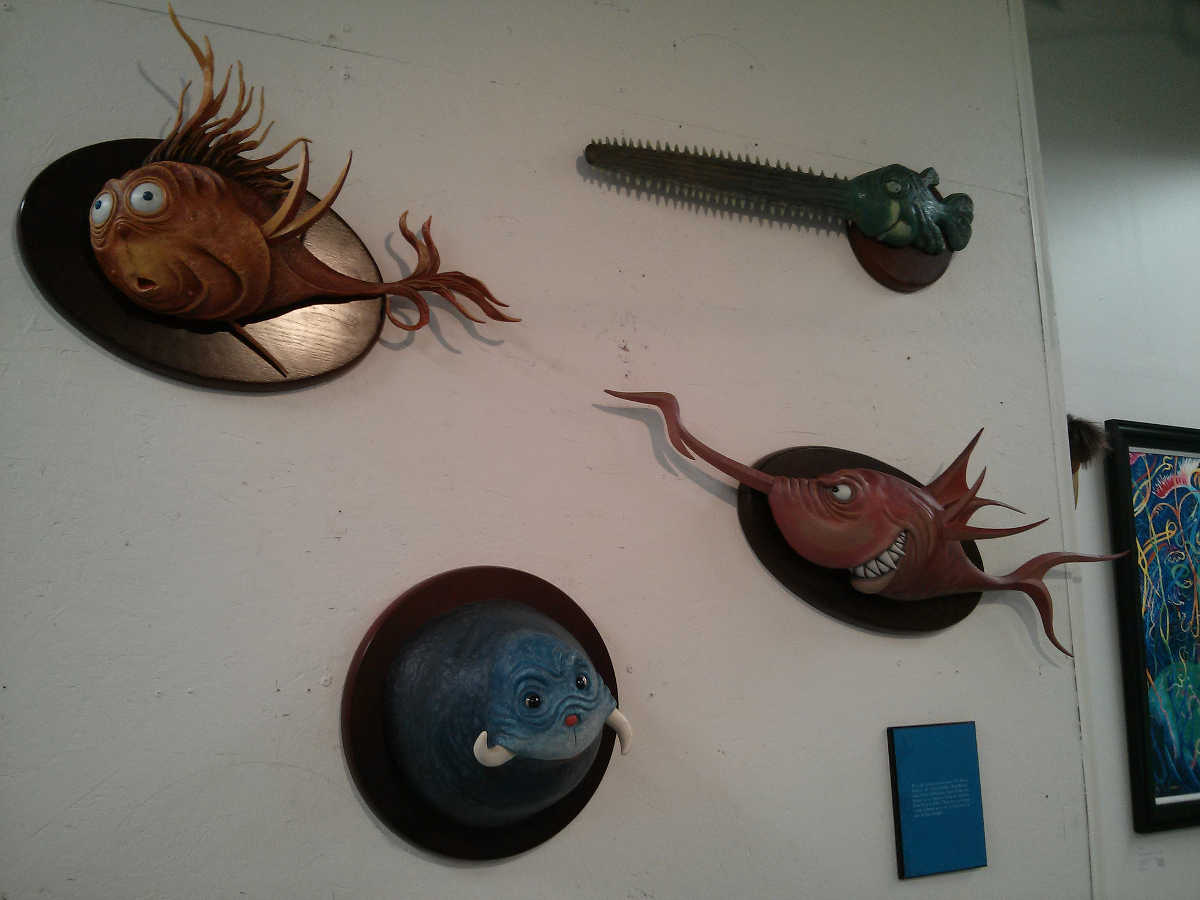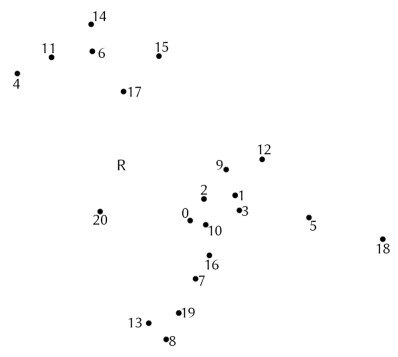
I believe it then to be quite simply true that books have their own very personal feeling about their place on the shelves. They like to be close to suitable companions, and I remember once on coming into my library that I was persistently disturbed by my ‘Jane Eyre’. Going up to it, wondering what was the matter with it, restless because of it, I only after a morning’s uneasiness discovered that it had been placed next to my Jane Austens, and anyone who remembers how sharply Charlotte criticised Jane will understand why this would never do.
— Hugh Walpole, These Diversions: Reading, 1926






